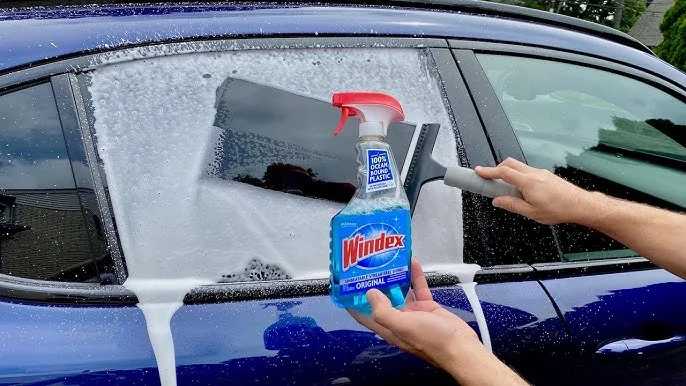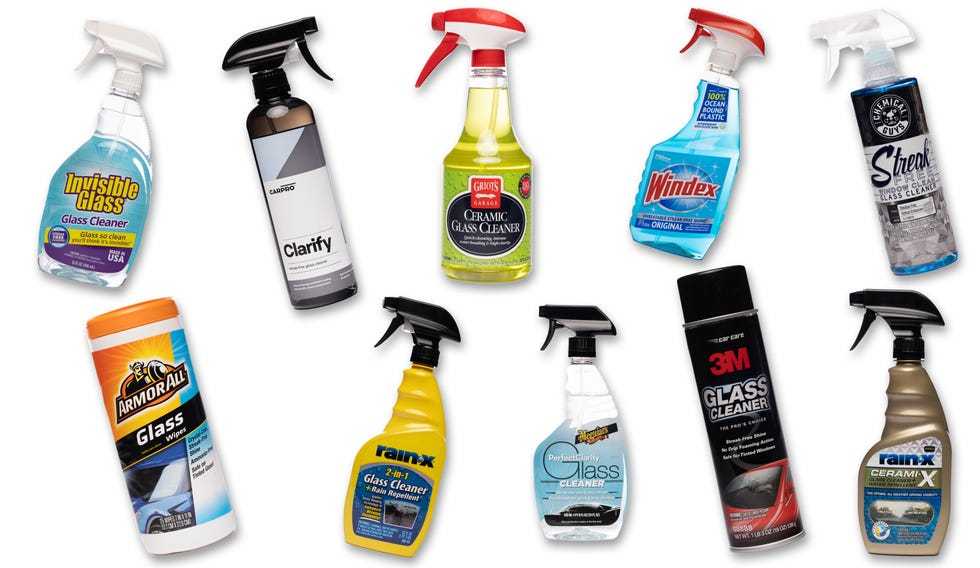Tinted windows can be a game-changer for your vehicle or home, offering privacy, UV protection, and a sleek look, but they also come with some drawbacks like reduced visibility and legal restrictions. If you’re considering tinted windows, weighing the benefits against the potential downsides is essential to make an informed decision.
In short, tinted windows provide increased privacy and solar protection, but may compromise visibility and could violate local laws if not applied correctly. Whether they’re worth it depends on your priorities and adherence to regulations.
Imagine cruising down the highway, your car stylishly shaded, protecting your skin from harsh rays while maintaining a cool interior. However, before you rush to get your windows tinted, it’s important to consider both sides. The pros include blocking UV rays, reducing glare, and enhancing security, but on the flip side, tinted windows can limit visibility at night and may not be legal everywhere. Understanding these factors helps you decide if the benefits outweigh the potential inconveniences, ensuring you enjoy the best of both worlds—privacy and safety—without unexpected issues down the road.
Pros and Cons of Tinted Windows
Understanding the Benefits of Tinted Windows
Tinted windows can offer many advantages for your vehicle. They help reduce glare from the sun, making driving safer and more comfortable. Additionally, the tint can block harmful UV rays, protecting your skin and your car’s interior.
Many drivers choose tinted windows for their privacy. Darker tints make it harder for people outside to see inside your vehicle, which can deter theft. Tints also add to the aesthetic appeal of a car, giving it a sleek and stylish look.
Protection From UV Rays and Sun Glare
One of the key benefits of tinted windows is blocking ultraviolet rays. UV protection helps prevent skin damage and reduces the fading of your car’s upholstery. Glare from the sun can be distracting and dangerous, especially during sunrise or sunset, and tinting reduces this glare significantly.
Tinted windows can improve visibility on bright days. This means less squinting and easier viewing of the road and dashboard. These sun-blocking benefits can contribute to safer driving overall.
Enhanced Privacy and Security
Privacy is a major reason many opt for window tinting. Dark-tinted windows make it difficult for outsiders to see inside, protecting personal belongings. This added layer of security can reduce the chances of theft or vandalism.
Moreover, tinted windows can offer comfort by shielding passengers from prying eyes. Whether running errands or parked in public spaces, your privacy remains protected.
Temperature Control Inside the Vehicle
Tinted windows help keep your car cooler by blocking heat from the sun. This can make a significant difference during hot summer months, reducing the need for air conditioning. A cooler interior can lower fuel consumption and make your ride more comfortable.
Moreover, controlling the temperature extends the life of your seats and dashboard by preventing heat damage. This can save you money on repairs or replacements in the long run.
Potential Downsides of Tinted Windows
While there are many benefits, tinted windows also have some drawbacks to consider. Some drivers find that very dark tints can reduce visibility at night or in poor weather conditions. This might make driving less safe.
Illegal tint levels can lead to fines or trouble with law enforcement. Rules about tint darkness vary by state or country, so it’s important to check local regulations.
Legal Restrictions and Regulations
Each area has its own laws regarding window tinting. Some places limit how dark your tint can be on front windows or the windshield. Violating these rules can result in tickets or having to remove the tint.
Understanding these regulations before tinting your windows can save frustration and money later. It’s recommended to consult local authorities or professional tinting services familiar with the rules.
Possible Impact on Night Driving and Visibility
Dark tints can reduce visibility during nighttime driving, especially if they are too dark. This can make it harder to see pedestrians, animals, or road signs. Poor visibility increases the risk of accidents and injuries.
Drivers should consider lighter tint shades if they frequently drive at night. Good lighting and proper tint levels are essential to maintain safe driving conditions.
Cost of Tinting and Maintenance
Quality window tinting can be expensive, ranging from moderate to high prices depending on the material. Cheaper tints may fade or peel over time, leading to additional costs.
Maintenance is relatively simple but necessary for longevity. Regular cleaning with gentle products and avoiding abrasive materials will keep the tint looking new. Some tints may also require reapplication or repair if damaged.
Potential Damage to Windows
Poor-quality tinting or improper installation can cause damage to your vehicle’s windows. Peeling, bubbling, or cracking are common issues with subpar products. This not only looks bad but also reduces the benefits of tinting.
Choosing professional installers and high-quality films can prevent such problems. Properly applied tinting lasts longer and maintains its appearance over time.
Impact on Resale Value of Your Vehicle
Tinted windows can influence a car’s resale value. Some buyers prefer a sleek look and privacy, which tinted windows provide. However, overly dark tints or illegal tinting might turn off potential buyers.
Removing tint before resale is an option, but it can be costly or time-consuming. Considering the resale implications before tinting can help you make an informed decision.
Related Topics and Additional Considerations
Other factors to think about include the type of tint material used. For example, dyed, metalized, or ceramic tints each have unique benefits and drawbacks.
Durability, heat rejection qualities, and cost vary among these options, influencing your choice. It’s important to weigh these elements to find the best fit for your needs.
Summary of Pros and Cons
To sum up, tinted windows provide sun protection, privacy, and temperature control, but they may also pose visibility challenges and legal concerns. Proper installation and adherence to laws are crucial for maximizing benefits and minimizing drawbacks.
Evaluating your priorities and local laws can help you decide if tinting is right for your vehicle. Balancing the advantages with potential risks ensures you make the best choice for your safety and comfort.
How to Choose the RIGHT Window Tint | Don't Make A Mistake
Frequently Asked Questions
How do tinted windows impact driving visibility during different weather conditions?
Tinted windows can reduce glare from sunlight, making it easier to see during bright days. However, if the tint is very dark, it might hinder visibility in low-light conditions or at night, requiring extra caution. Choosing the right tint level ensures a balance between glare reduction and clear visibility, enhancing overall driving safety.
What are the advantages of tinted windows in terms of interior comfort?
Tinted windows help maintain a cooler interior by blocking out a significant amount of solar heat. This can reduce the need for air conditioning, leading to improved fuel efficiency and a more comfortable ride. Additionally, they minimize the fading of upholstery and belongings caused by prolonged sun exposure.
Can tinted windows affect the car’s resale value or legal compliance?
While tinted windows can enhance the vehicle’s appearance, overly dark tints might not comply with local regulations, potentially leading to fines or difficulty during inspections. On the other hand, well-chosen tint levels can appeal to buyers looking for privacy and comfort, potentially increasing resale value. Always check regional laws before applying tints.
Are there any safety concerns associated with tinted windows?
Some types of dark window tints may reduce the ability to see inside the vehicle, which could pose safety concerns during emergencies or police checks. Additionally, poor-quality tinting materials might peel or bubble over time, affecting visibility and safety. Choosing reputable installers and adhering to legal limits can help mitigate these issues.
What should I consider regarding maintenance and durability of tinted windows?
Tinted windows require regular cleaning with gentle products to prevent damage to the film. Quality films are designed to withstand various weather conditions, but cheaper options may fade or peel over time. Proper maintenance and choosing high-quality tints can extend their lifespan, ensuring they continue to provide benefits without compromising visibility.
Final Thoughts
Pros and cons of tinted windows highlight their practicality and drawbacks. Tinted windows enhance privacy and reduce glare, making driving more comfortable. They also help lower interior temperatures, saving energy and increasing comfort.
However, they can limit visibility at night and might be illegal if tinted beyond local regulations. Installation costs can be high, and improper tinting may damage windows over time.
In conclusion, tinted windows offer both advantages and disadvantages. Carefully weigh these pros and cons of tinted windows to decide if they suit your needs best.



